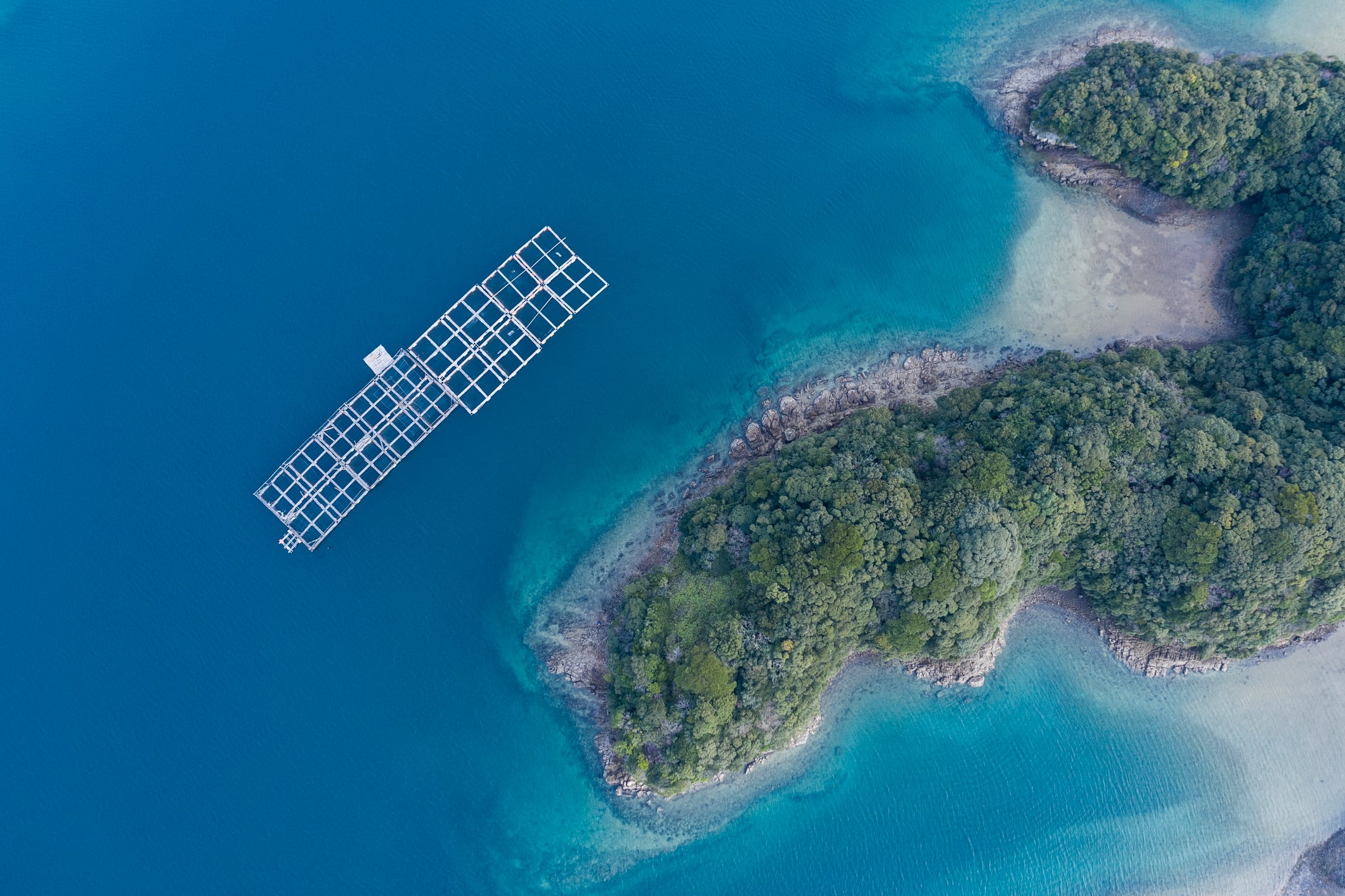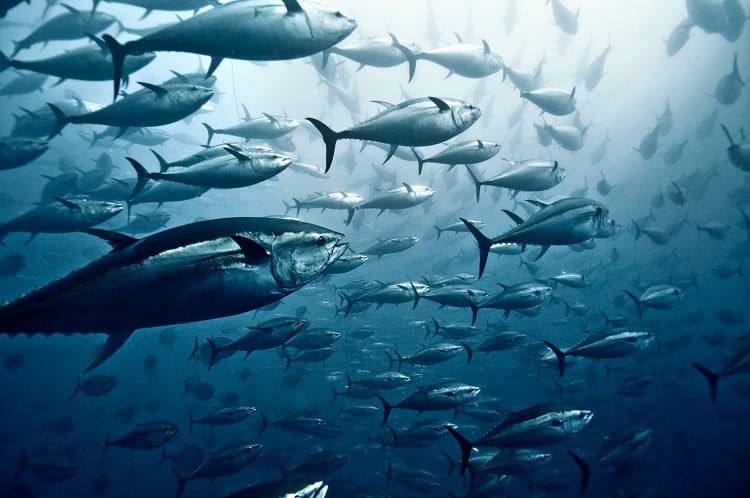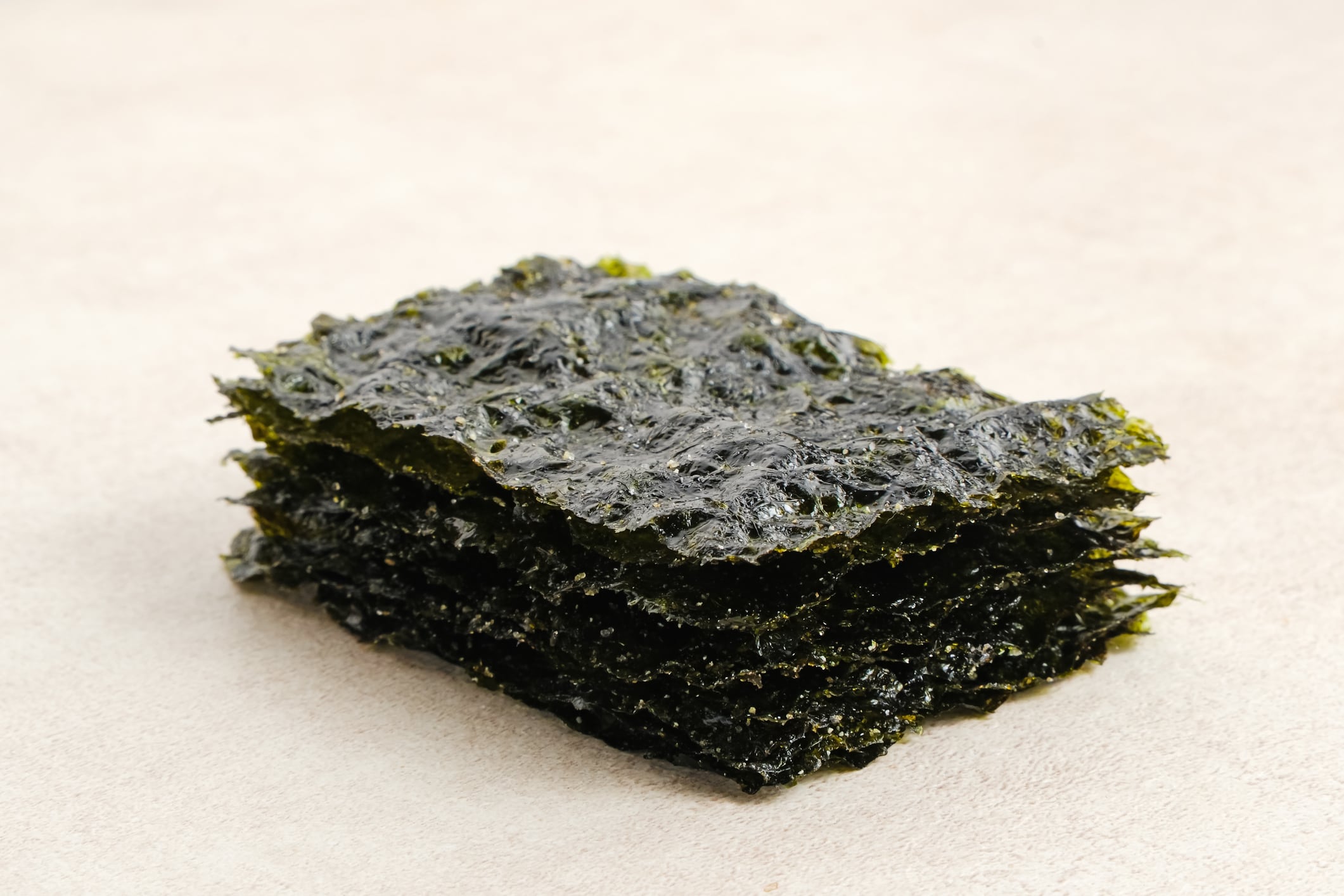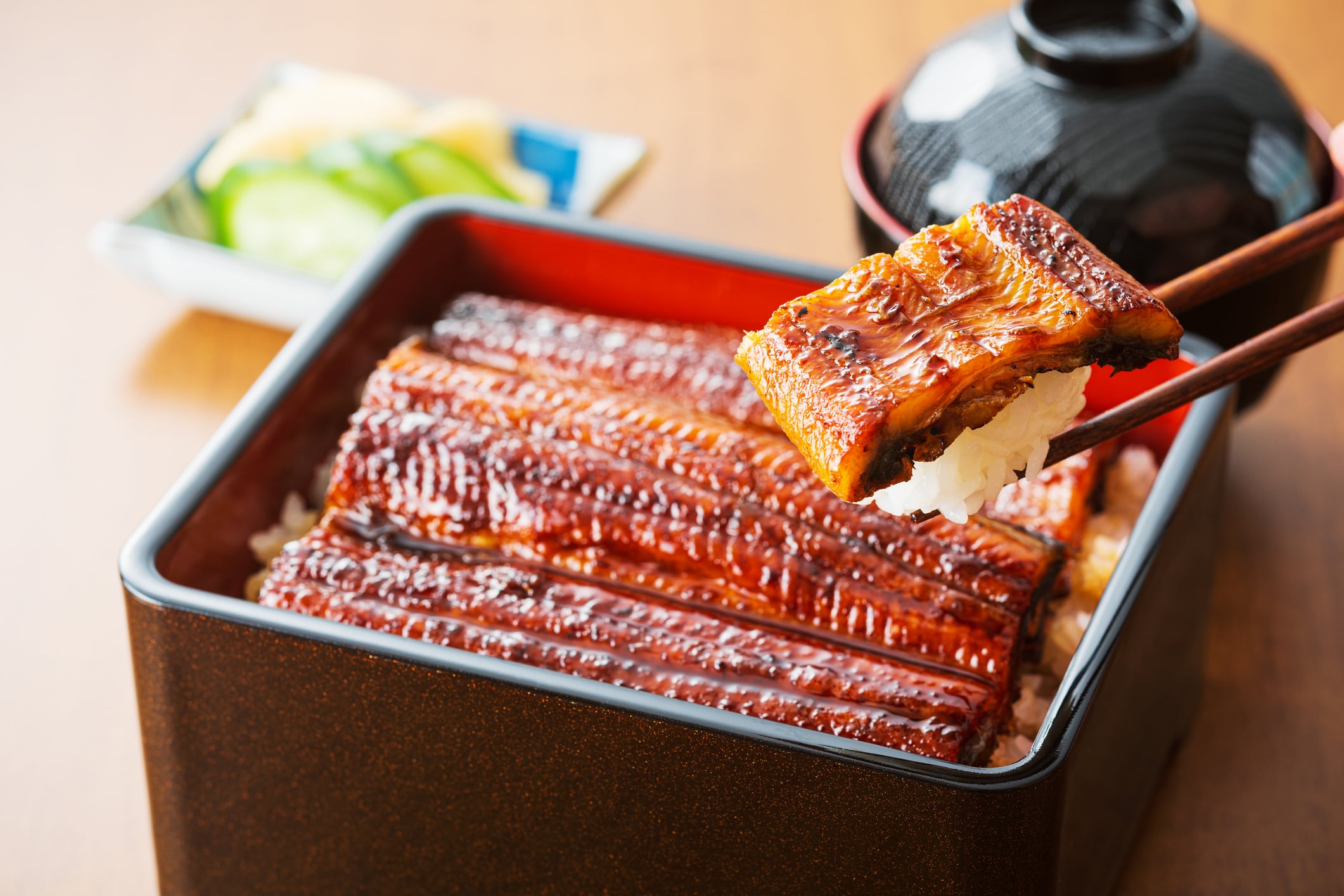On September 1, the Ministry of Oceans and Fisheries (MOF) announced its 2026 government budget proposal of KRW7.3287tn (U$5.26bn), an 8.1% increase from this year’s budget of KRW6.7816tn (U$4.87bn).
The ministry said the increase was primarily to focus its investments on “growth engines” including the AI transformation (AX) of the sector, aligning with the national agenda to become a leading nation in AI.
Previously, the budget for AX-related development was KRW33.3bn (U$23.89m).
The big push for AI signal’s Korea’s determination to make its marine and fisheries industries more modern, smart, and future-focused.
“Bold investments will be made to foster new marine industries and build a dynamic ecosystem,” said the MOF in its budget announcement.
According to the announcement, KRW45bn (U$32.29m) has been allocated to help marine and fisheries companies develop and deploy AI-powered products and services.
The budget has also made provisions to support smaller businesses in their AI advancement with KRW6bn (U$4.31m) of support, double from the previous KRW3bn (U$2.15m).
Ministry data has shown that while companies outside the capital region make up 75.4% of the sector, it only receives 47% of investments.
To rectify this, the government has created a specialised fund of KRW20bn (U$14.37m) for these smaller companies.
Smart aquaculture investments
For aquaculture, the ministry said it would invest KRW28.5bn (U$20.46m) to establish smart innovation zones and expand advanced equipment to accelerate smart aquaculture.
In distant-water fisheries, funding will rise from KRW17.6bn (U$12.63m) to KRW21.8bn (U$15.64m) to build new vessels and survey overseas fishing grounds.
Korea’s seafood exports have recently surpassed USD3bn driven by the strong demand for Korean seaweed products.
To sustain momentum, the ministry will boost competitiveness across production, processing, distribution, and exports, with funding rising from KRW821.7bn (U$589.57m) to KRW957.6bn (U$686.99m).
Creating a dynamic marine ecosystem
The MOF is also eager to ramp up investment across offshore wind, marine bio, and conservation projects.
Ahead of the Offshore Wind Power Special Act taking effect in March 2026, KRW2.0bn (U$1.44m) will fund site analysis and impact studies to support systematic development.
In the marine bioindustry, regional hubs have been planned, including a KRW500m (U$0.36m) mass production plant for marine biomaterials and a KRW700mn (U$0.50m) seaweed bio-smart factory.
Seaweed is one of Korea’s key exports, led by dried seaweed, or gim.
In 2024, dried seaweed topped Korea’s total marine product exports, bringing in US$997m over the year and exceeding 1 trillion won for the second consecutive year.
According to MOF, Korea’s gim accounts for over 70% of the global dried seaweed market.
Korea will also boost funding for research and development, with KRW4.9bn (U$3.52m) earmarked for anti-ageing materials and gene-recombinant pharmaceuticals, and KRW2.1bn (U$1.51m) for health supplements.
Furthermore, to hit the 30 by 30 target of designating 30% of waters as marine protected areas by 2030, the ministry will expand candidate site surveys and significantly increase funding for the National Marine Species Restoration Center from KRW1.0bn (U$0.72m) to KRW13.4bn (U$9.61m).





